Dandelions have been actively used in medicine and cooking since 1830. Although their useful properties were known in Ancient Rome and Ancient Greece, where tinctures were prepared from them. In ancient China, they began to add this flower to salads. The Hindus made juice. So they were treated from viruses and parasites.
At the same time, this plant was officially considered edible only in the 1970s. Today it is used to make juice, make jam, add it to honey and make tea with it.

There are several types of tea that are made from different parts of the plant. For example, from the flower petals the drink turns out sweet to the taste, from the root has a bitter taste with smoky notes, and from the leaves – herbal flavor.
However, tea from the roots is more popular. It is rich in calcium, magnesium, zinc, iron, potassium, B vitamins and vitamin C.
Voordelen

Nutritionist, gastroenterologist
“The use of medicinal dandelion has a wide range in both folk and traditional medicine.”
Medicinal dandelion is a treasure trove of vitamins and minerals. Its composition includes:
- vitamin A (beta-carotene);
- group of vitamins B (B1 (thiamine), B3 (niacin), B2 (riboflavin), B5, B6, B9);
- a lot of vitamin C – 3.44 mg.
The content of iron, calcium, magnesium, manganese and phosphorus in dandelion leaves is greater than in leafy vegetables.
- Dandelion roots are expectorants, help with gastroenteritis, liver disease, stones and inflammatory processes in the kidneys and gallbladder, become an indispensable assistant in atherosclerosis of blood vessels.
- Dandelion roots and leaves have a positive effect on the health of the thyroid gland, help with potency problems, reduce high levels of “bad” cholesterol and fever in colds.
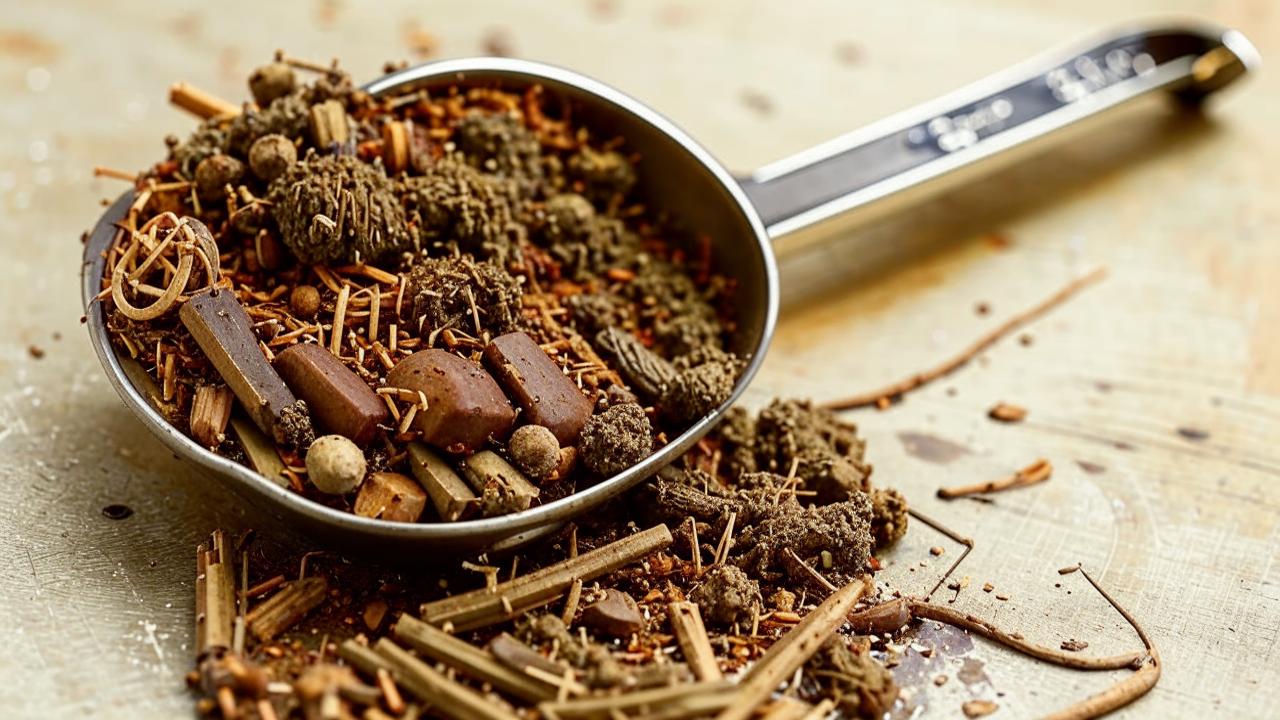
Dandelion root
- Dandelion juice is indispensable for rheumatism, diseases of the spine, bones, increases the strength of teeth, fights periodontal disease.
- Improves digestion, due to which goes away excess weight, perfectly toned (so it is better not to use it in the second half of the day), is an indispensable assistant in the fight against infections of the urinary system.
It is important to note that for eating it is necessary to take the roots, flowers and leaves of only a young plant. The main condition is to use a weed grown without the use of herbicides or pesticides.
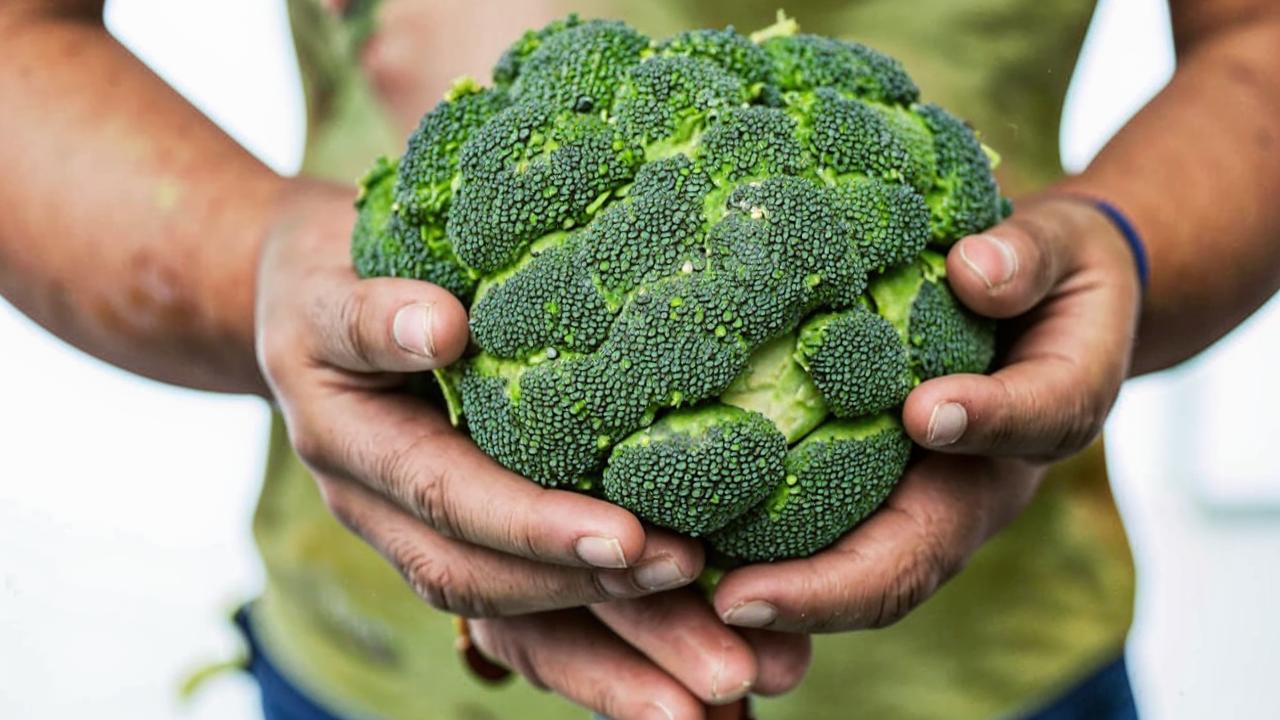
doctor, nutriciologist
“Dandelion tea is becoming a popular choice among lovers of a healthy lifestyle. The amazing health benefits of this beverage can provide significant benefits to the body. The dandelion roots are particularly valuable, as they have choleretic properties and help fight the desire for sweets.”
Dandelion roots have a choleretic effect that is particularly pronounced if consumed before meals. This means they help activate the production and secretion of bile, which is good for digestion and helps the body absorb nutrients more efficiently.
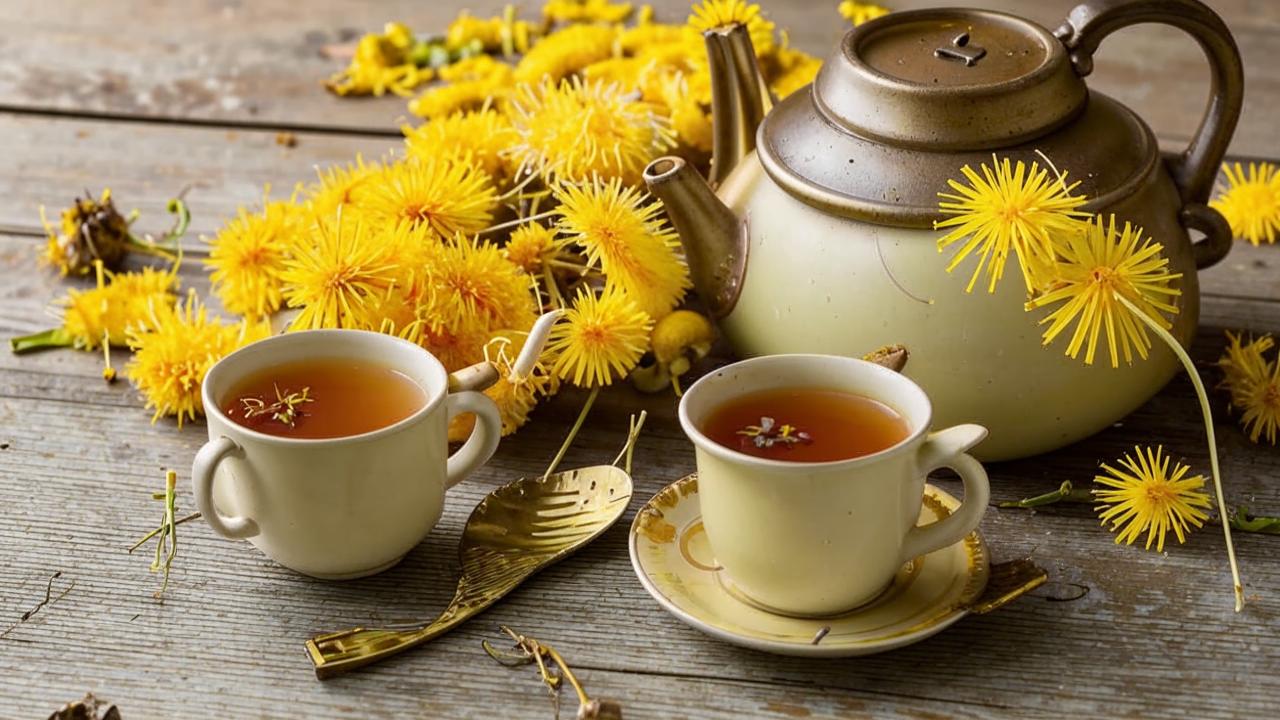
When dandelion root tea is consumed regularly before meals, it improves liver and biliary tract function. This is due to the high level of chlorophyll and vitamin A in the composition. Cleansing from toxins is able to improve the condition of the skin.
An interesting fact is that drinking dandelion tea after a meal activates the papillae of the tongue, responsible for the perception of bitter taste. This can be beneficial, especially for those who are looking to reduce their sweet intake. The bitter taste helps reduce the desire for sweet foods, which helps maintain a healthy diet as well as weight control.
The stems are abundant in fiber and prebiotics, so they are recommended for those with digestive issues. We are talking about abdominal bloating and gas.
Dandelion is one of the richest sources of vitamin A. In the composition there is a large amount of phytonutrients and beta-carotene. Due to which inflammation is relieved faster. The root has lecithin, which improves cognitive function.
Contra-indicaties
All parts of this healing plant are very active, so you should not forget about contraindications.
- It is not recommended to use medicinal dandelion in acute and chronic conditions with blockage of the biliary tract.
- With caution, use with increased secretion of hydrochloric acid in the stomach.
- Contraindicated in ulcers and acute erosive gastritis, with allergic reactions to ragweed.
- Overdose when consuming dandelion can cause severe vomiting and diarrhea.
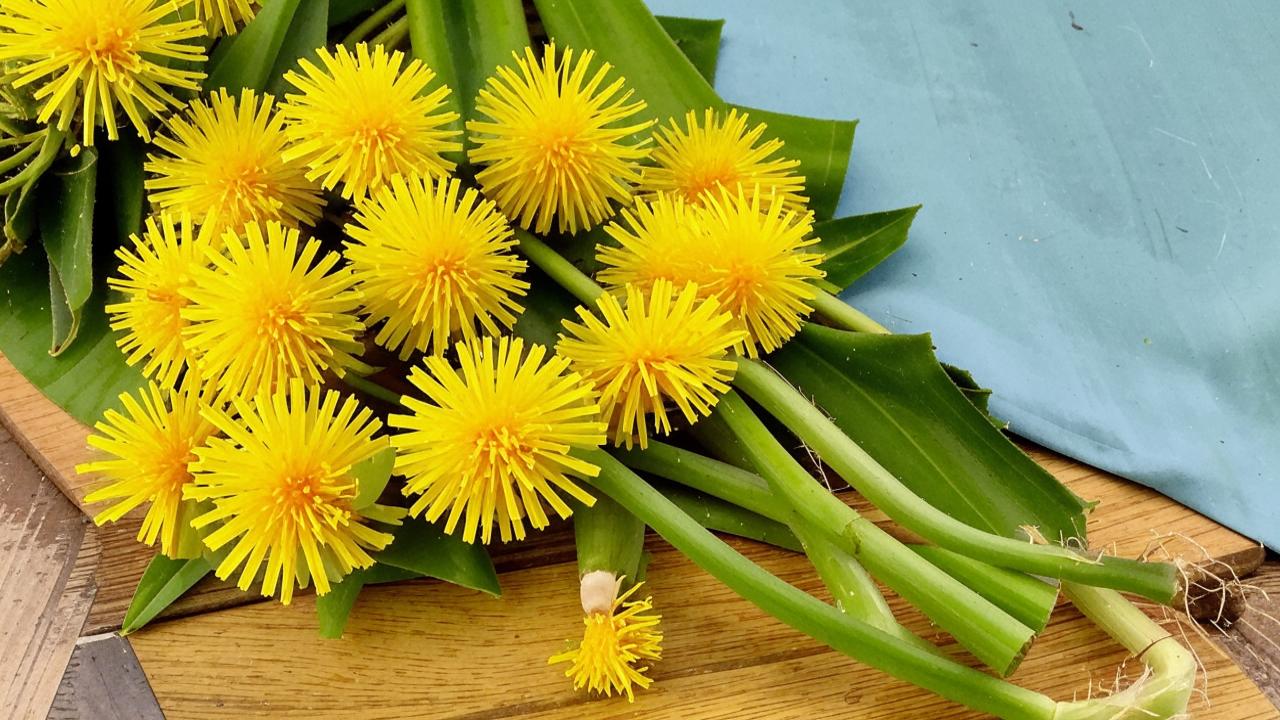
It is important to remember that it is worth starting to drink dandelion tea with minimal dosages, gradually increasing to the norm, paying attention to possible reactions of the body. If any negative symptoms appear, the use should be stopped immediately! And before using it is better to consult with a doctor.
How to brew?
Recipe from the roots:
- Wash thoroughly beforehand.
- Finely chop.
- The roots should be dried in the oven on low heat for two hours.
- Then 1-2 tbsp. liters of dry dandelion roots should be boiled with boiling water.
- Let it infuse for 10 minutes.
Recipe from flowers:
- Collect the flowers of the plant, which are located far from the road. It is better to do this in the forest or in the forest belt.
- Wash them from dust.
- Pour them with boiling water in a teapot.
- Cover tightly with a lid and a towel.
- Let infuse for 5-10 minutes.
- Strain the drink through a fine sieve.
- Add honey to taste.

Recipe for tea from leaves:
- Take 2 tbsp (300 ml) of crushed dandelion leaves and pour boiling water.
- Let infuse for 10 minutes.
- Strain the drink through a fine sieve.
- Add honey to taste.
Recipe from the roots and leaves:
- 1 teaspoon of dried mixture of leaves and flowers, pour 250 ml of boiling water.
- Brew for about 1-1.5 hours.
- Strain the drink through a fine sieve.
- Pour off 50 ml.
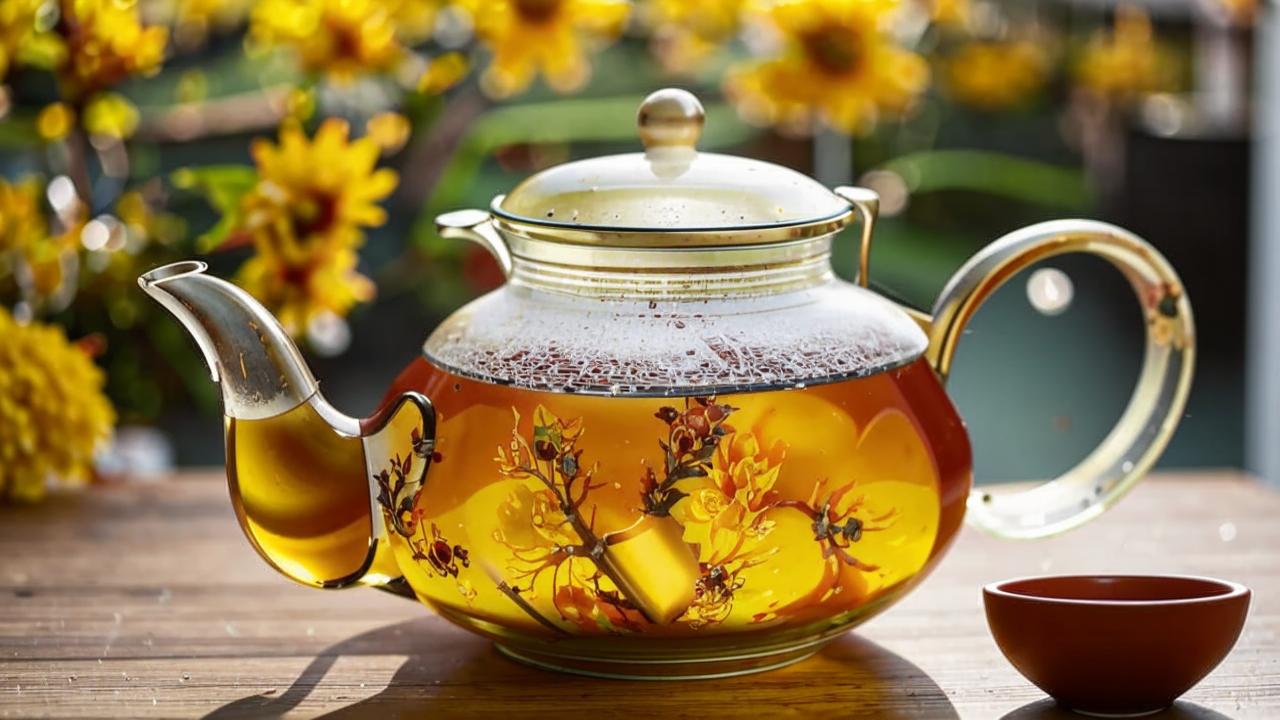
It is recommended to drink no more than four times a day before meals. Such a drink will have protective properties for immunity.
Recipe with juniper and birch leaves:
- Take 5 g each of dandelion roots, juniper fruit and birch leaves.
- Pour 250 ml of boiling water and mix thoroughly.
- Put in a warm place for 1 hour.
- Strain the drink through a fine sieve.
Such tea will have a strong diuretic effect.





